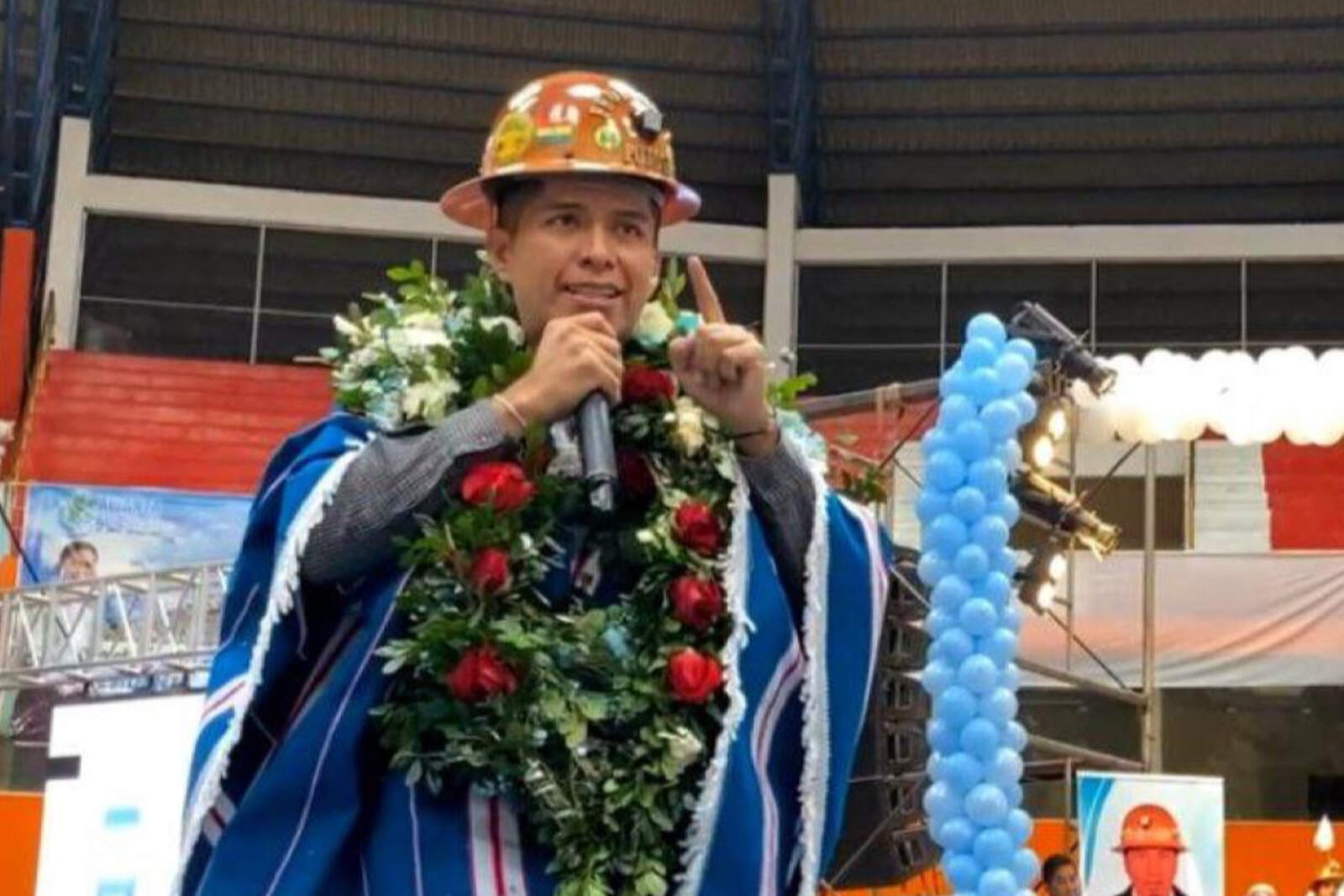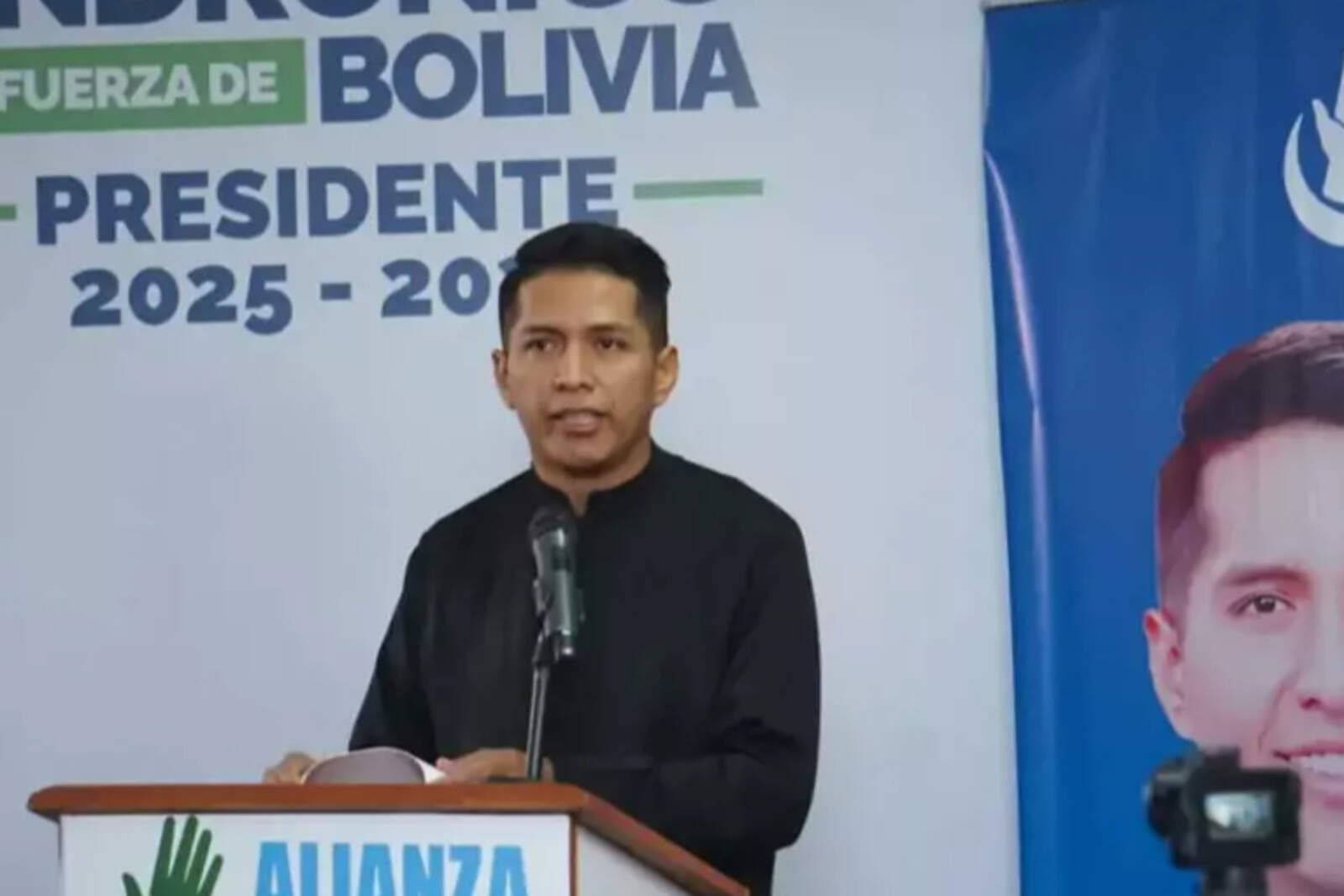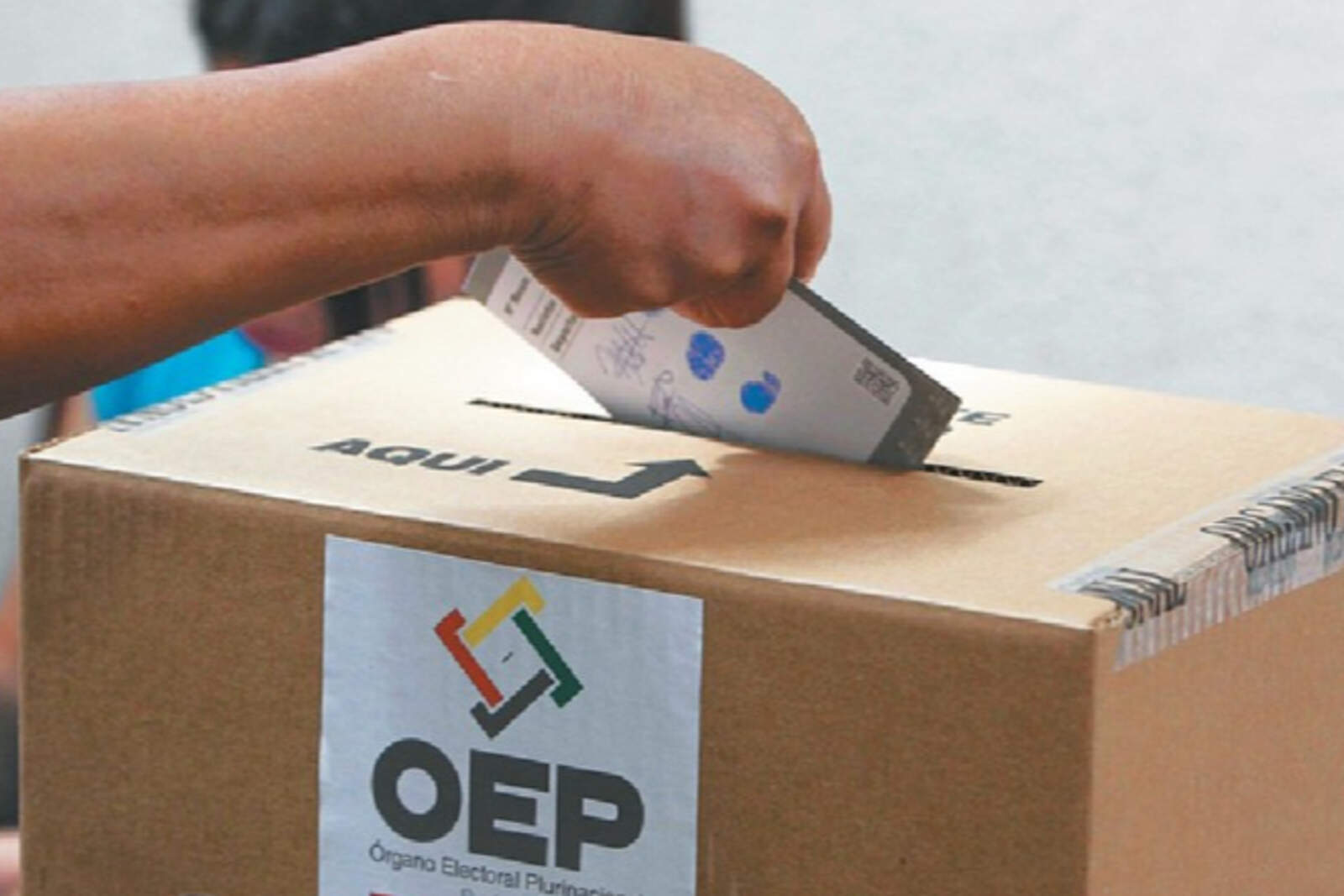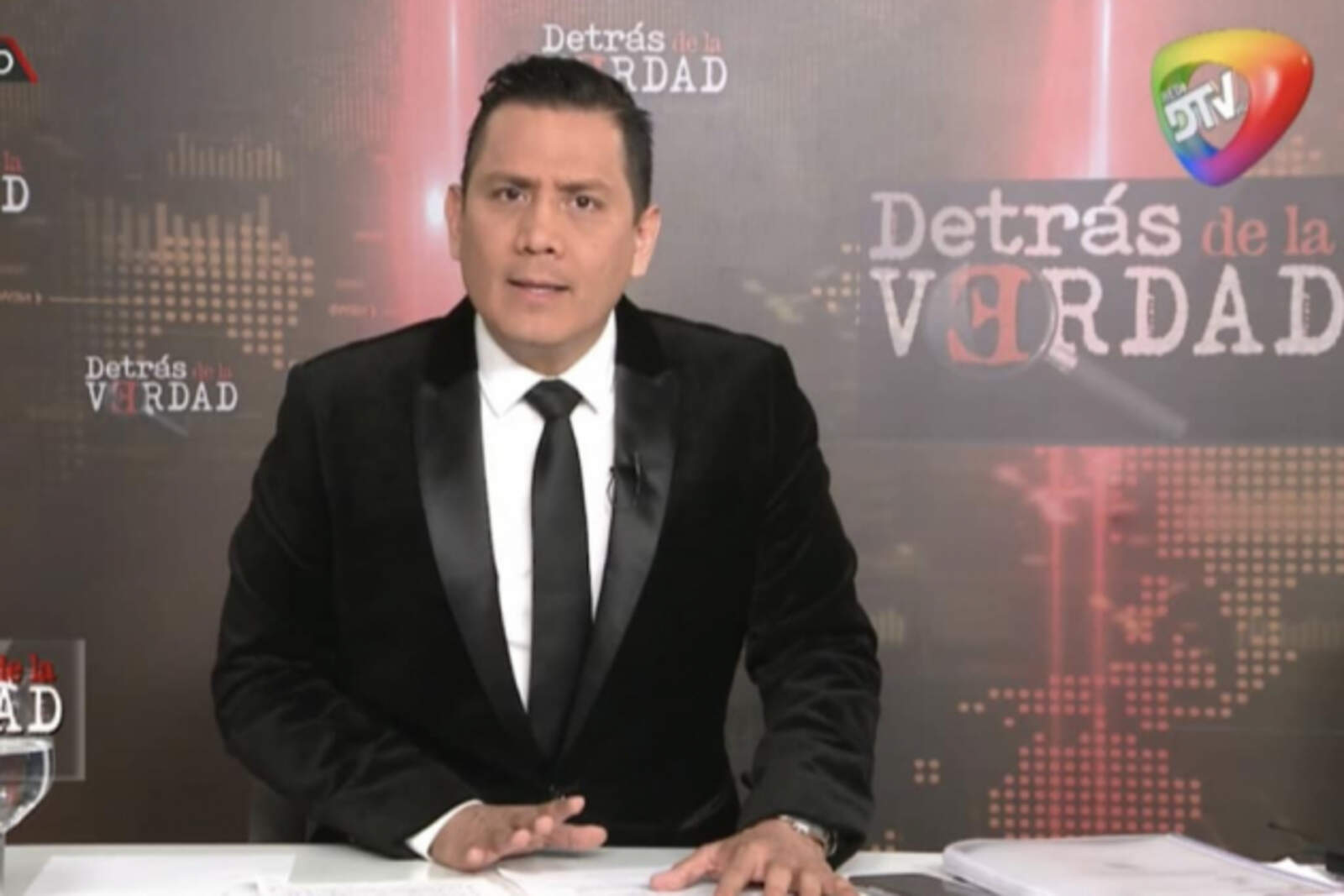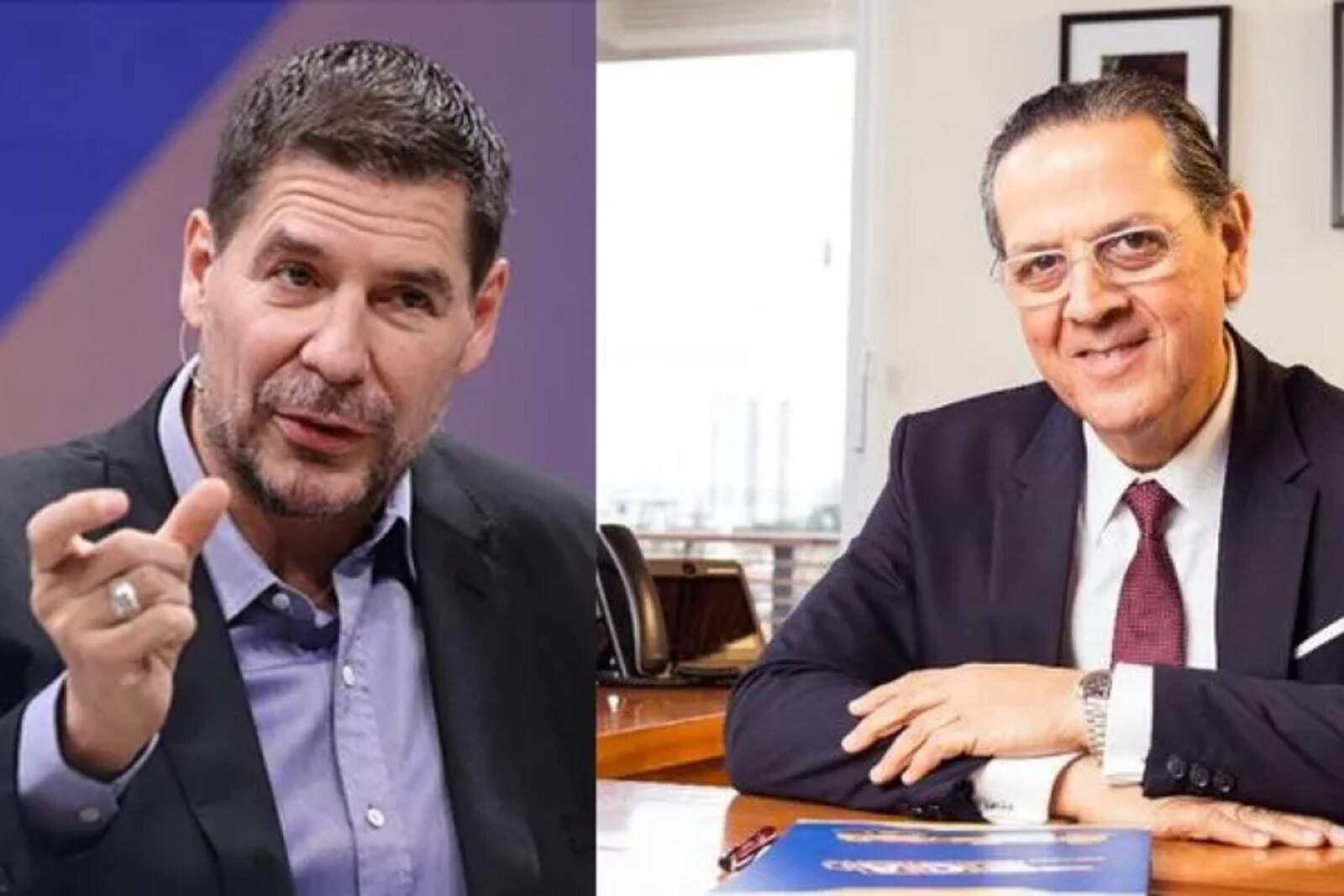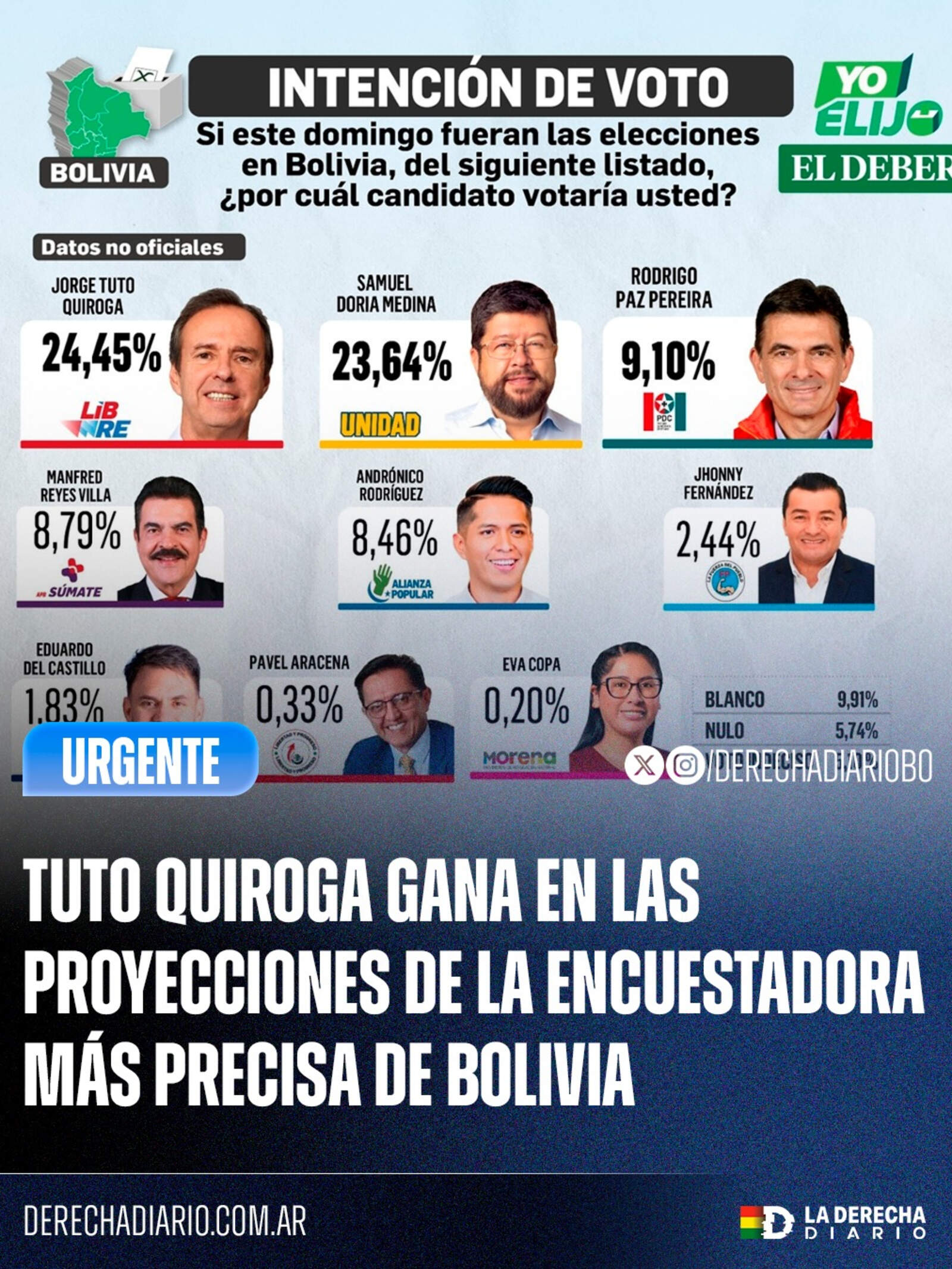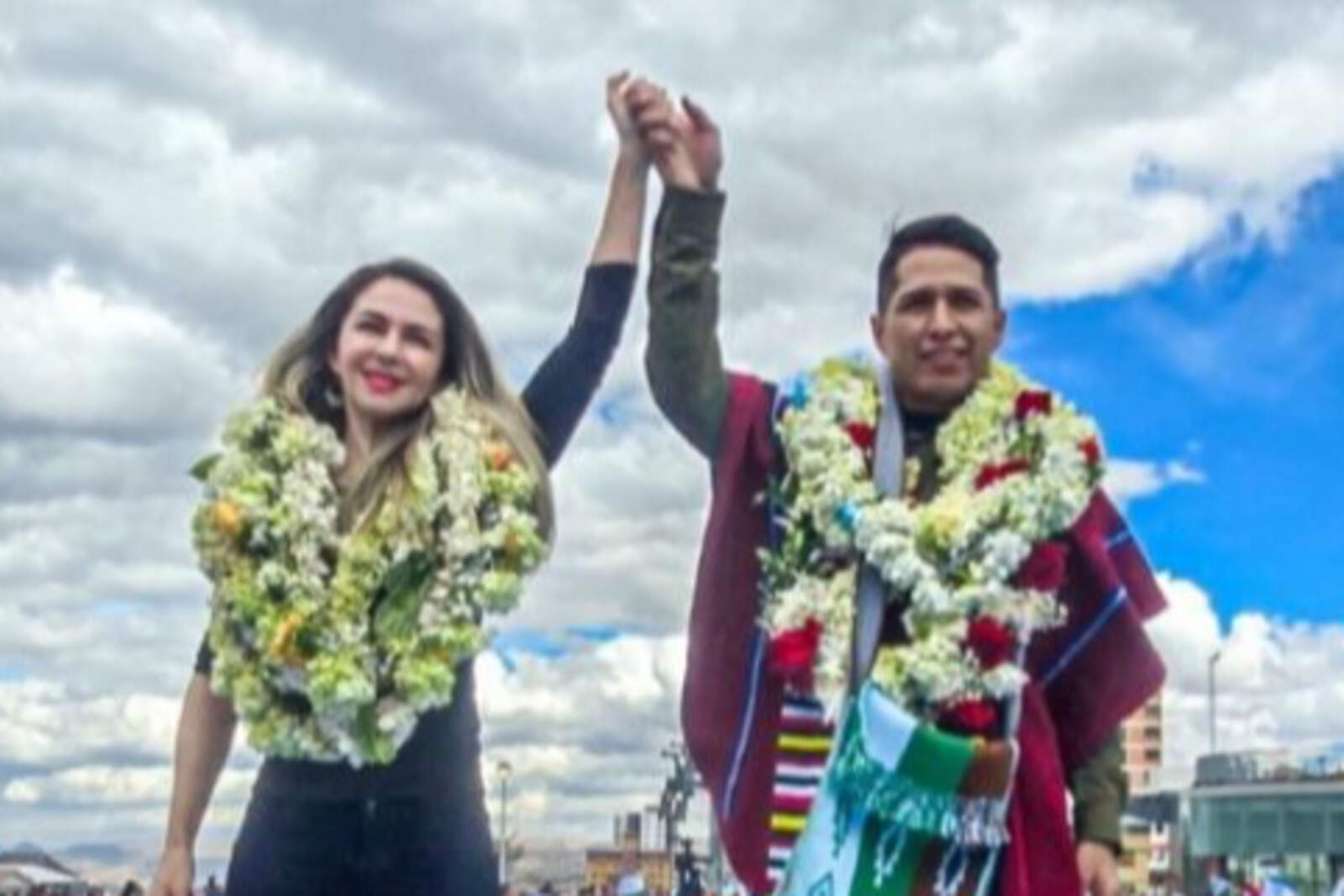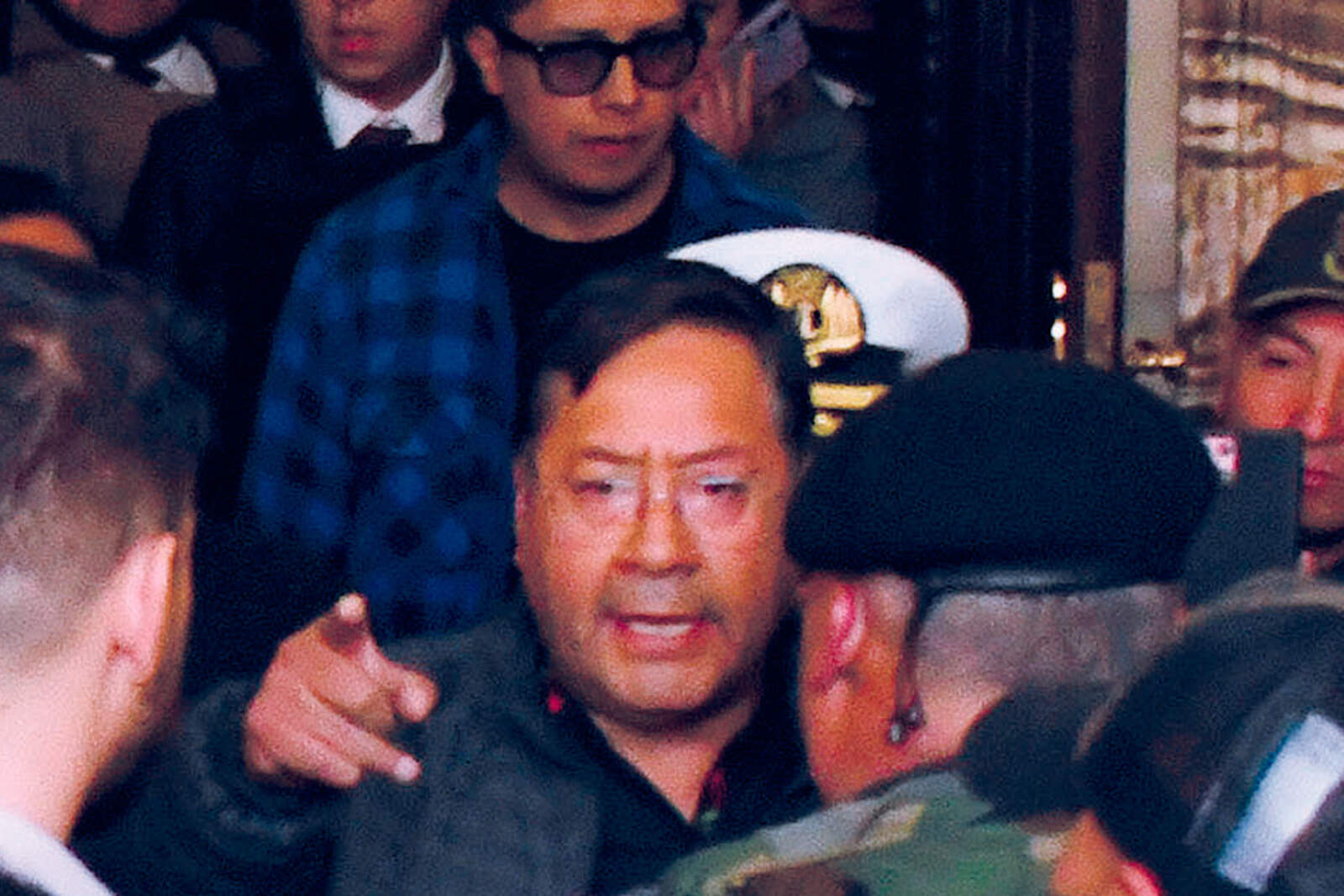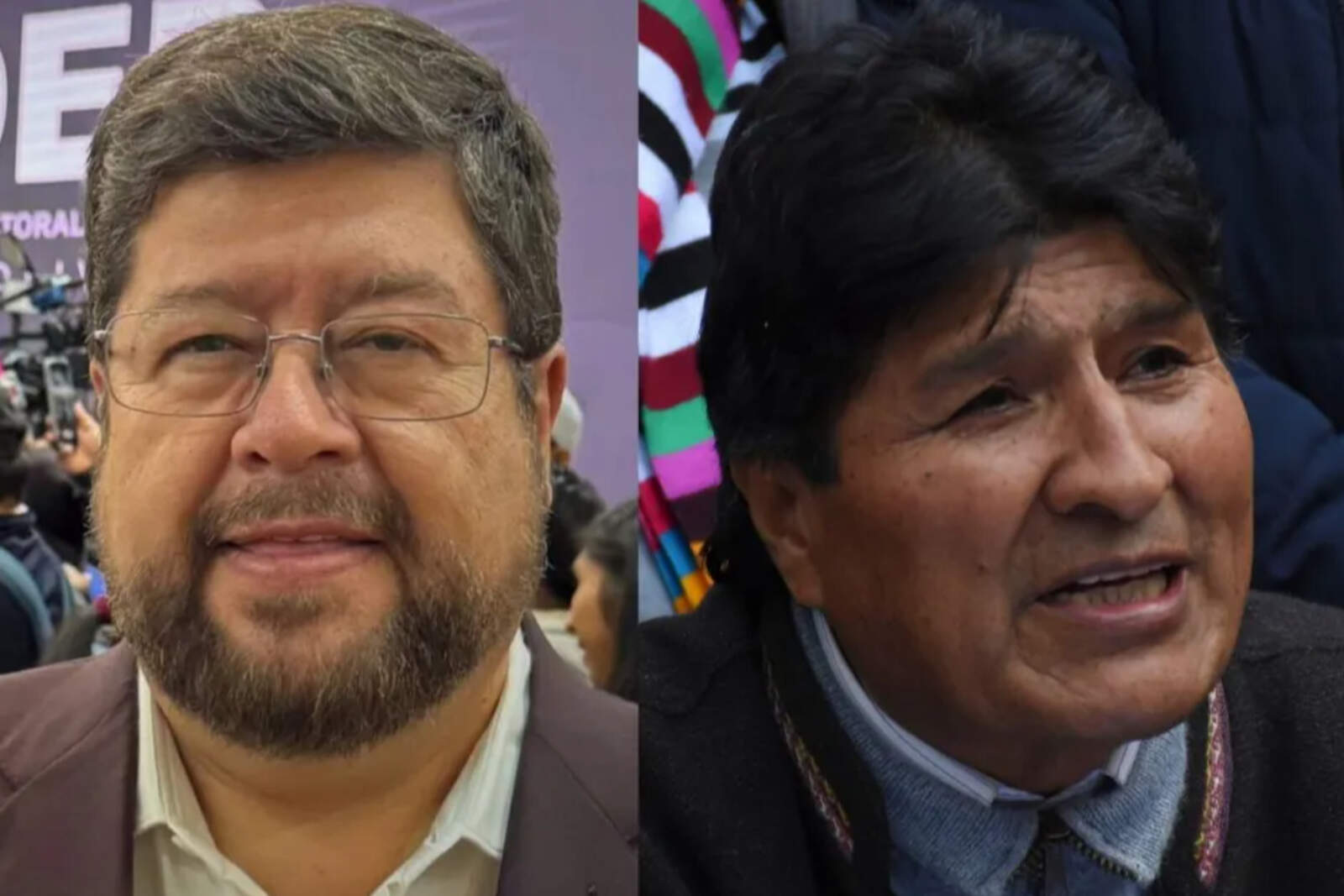The presidential candidate of the Popular Alliance, Andrónico Rodríguez, dismissed the unity call launched by the socialist Luis Arce. He stated that the head of state is not a candidate and must focus on completing his term.
"He has to dedicate himself to finishing his administration", he said from Potosí. Rodríguez leads the Popular Alliance, a front seeking to bring together the MAS's dissident left. The tension between both actors reflects the internal fracture within the ruling party.
The senator's statement came a day after Arce's call to unify progressive fronts. From the Casa Grande del Pueblo, the visibly worried president pleaded to form a solid popular bloc.
The intention, as he explained, is to offer a real electoral alternative in the face of the opposition's advance. However, the proposal was seen as late and opportunistic by critical sectors. Rodríguez was the first to distance himself with a direct response.
The Popular Alliance's presidential candidate questioned Arce's prominence in the electoral process. He reproached him for trying to direct alliances when he is not participating as a candidate. In his view, the president should stay out of the political debate.
He also stated that his own alliance will call for leftist unity. But he made it clear that this initiative will be built around his leadership.
Rodríguez had already announced his intention to regroup social and indigenous sectors. He said that he will call on all groups and organizations from the progressive field. He has not yet set a date for that meeting, although his spokespeople claim that contacts are underway.
Unity around Rodríguez
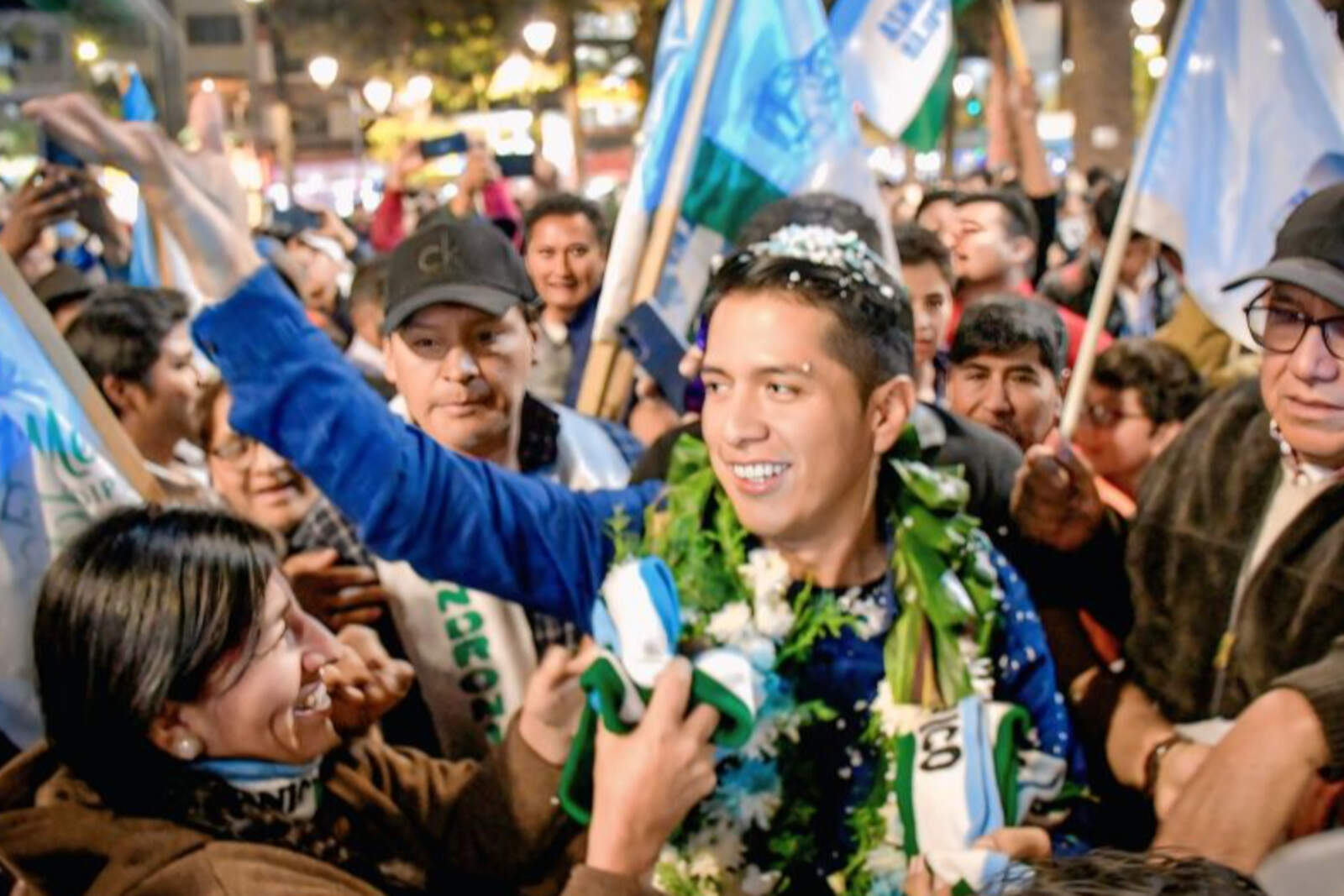
From Cochabamba, Carlos Solá confirmed that the Popular Alliance accepts unity, but around Rodríguez. He stated that the young leader represents renewal and ideological clarity.
Rodríguez's rejection comes in a context marked by the drop in his candidacy in the polls. According to the latest Spie Consulting study, his voting intention fell by more than six points in one month. It went from 14.69% in June to 8.26% in July.
This drop coincided with the slight rise of Eduardo del Castillo, MAS's candidate. It also coincided with the stagnation of other figures such as Eva Copa.
From Chapare, Evo Morales also ruled out attending the meeting called by Arce. His inner circle conditioned any dialogue on the recognition of his presidential candidacy.
Leonardo Loza, one of his allies, said that there will only be unity if Evo is the head of the bloc. This position closes the door to broad consensus among former MAS members. The rupture seems to be deepening despite the efforts of some sectors.
The government's last hope
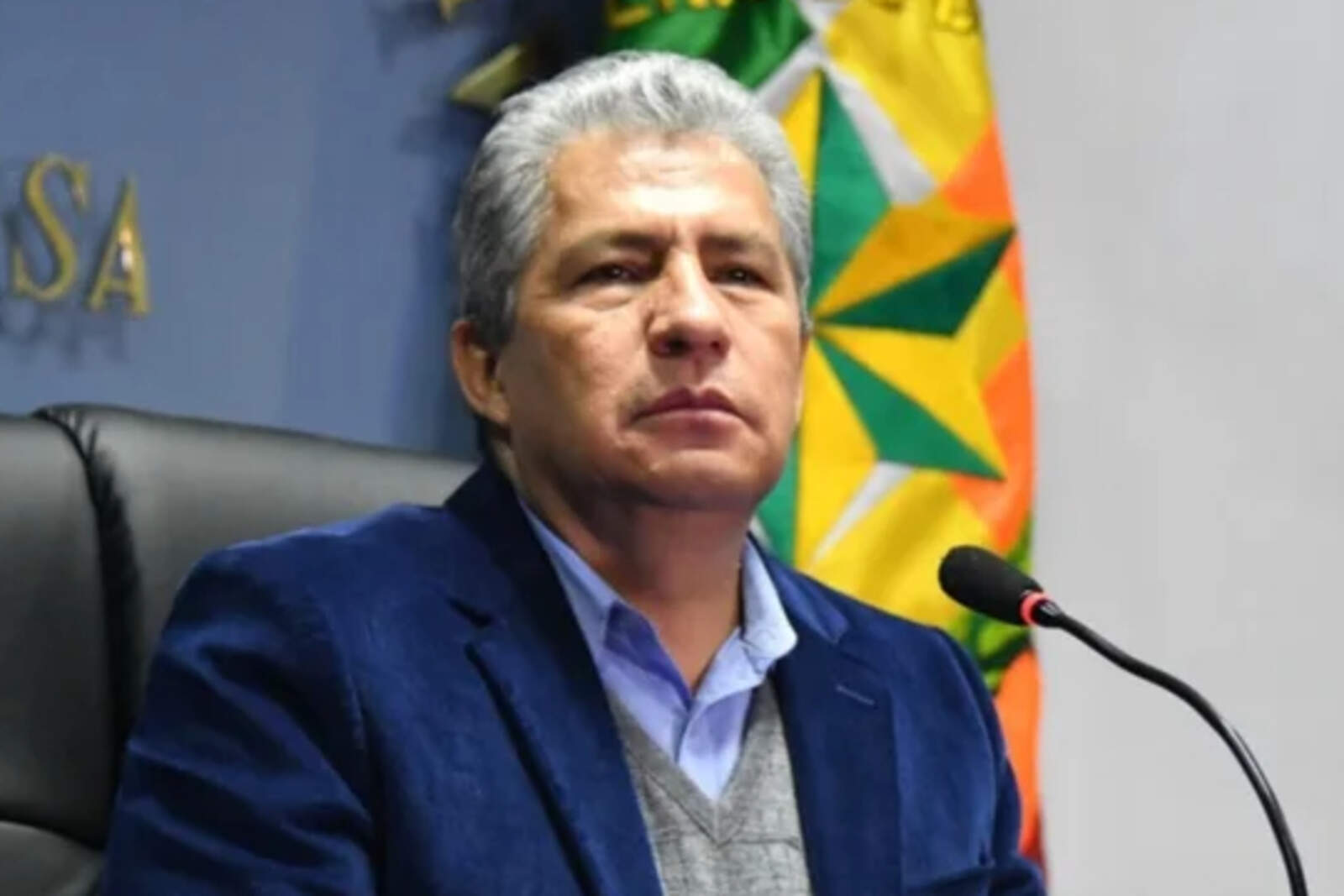
In contrast, Defense Minister Edmundo Novillo welcomed the Popular Alliance's initial openness. He stated that there are positive signs from Rodríguez's sector. He said that it is still possible to rebuild the popular bloc that has won elections since 2005.

